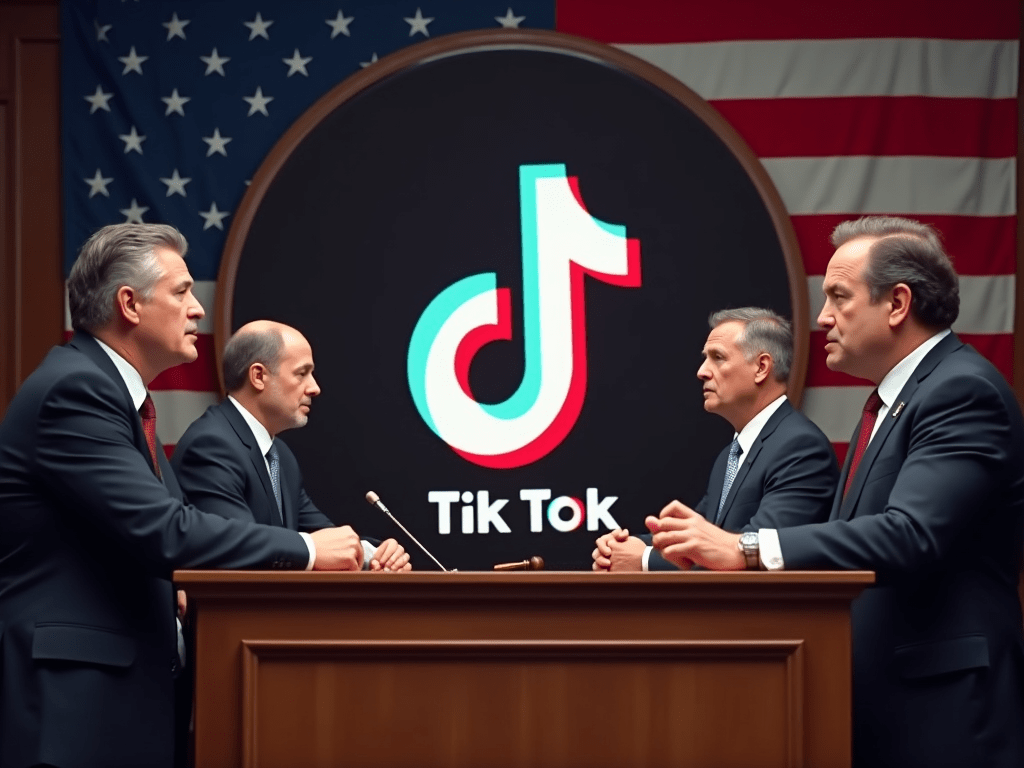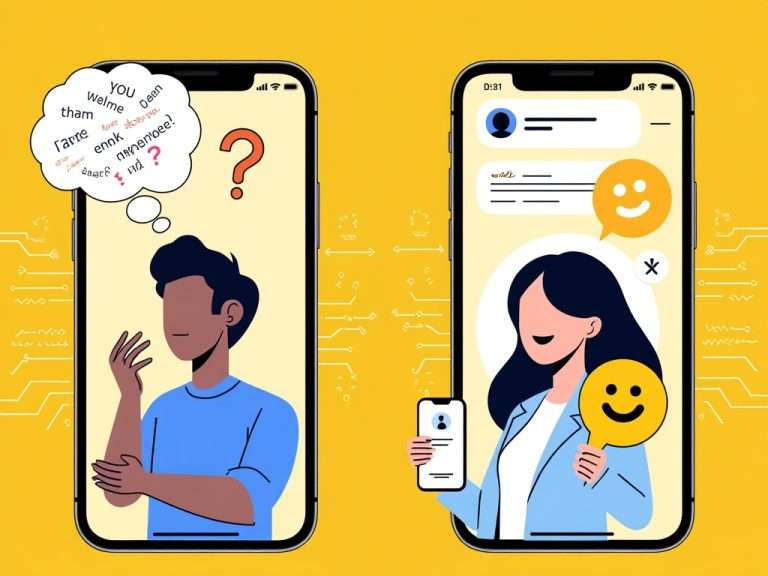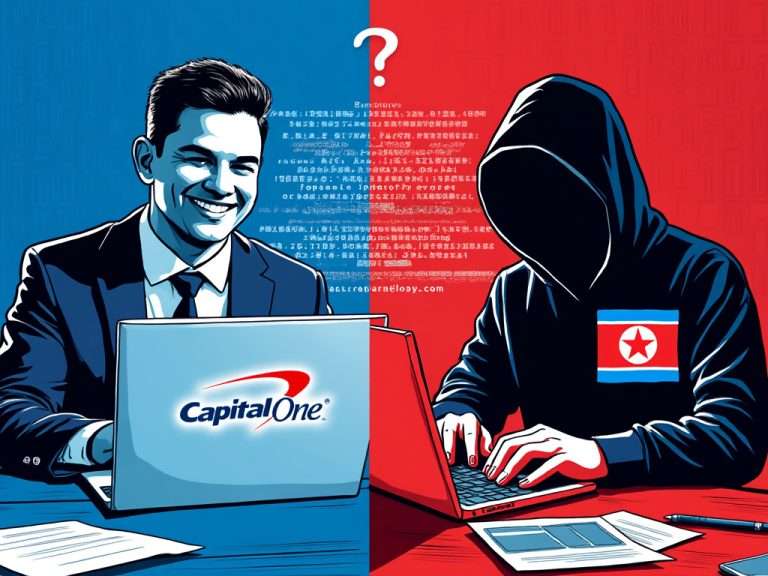TikTok’s Day in Court: Fighting for Its US Future
As I scrolled through my TikTok feed this morning, I couldn’t help but think about the app’s uncertain future. Today, TikTok’s lawyers are facing off against the US government in federal court, and I’m on the edge of my seat waiting for updates.
The Battle Lines Are Drawn
TikTok is challenging a law that could ban the app in the US by mid-January 2025. Here’s what’s at stake:
- Free speech: TikTok argues the ban would violate the rights of 170 million US users
- National security: The US government claims TikTok poses risks due to its Chinese ownership
- Tech relations: The outcome could reshape US-China tech dynamics
TikTok’s Defense
I was struck by the passion in TikTok’s lawyer Andrew Pincus’s voice as he argued, “This law imposes extraordinary speech prohibition based on indeterminate future risks.” It’s clear they’re not going down without a fight.
The Government’s Stance
On the flip side, the Department of Justice isn’t pulling any punches. Their representative, Daniel Tenny, emphasized the Chinese connection, stating, “It is not expression by Americans in America – it is expression by Chinese engineers in China.”
What This Means for Users
As a daily TikTok user, I’m worried about losing access to my favorite content creators. Jeffrey Fisher, representing these creators, made a point that resonated with me: the ban could impede users’ “constitutional right to work with the editor and publisher of their choice.”
What Happens Next?
Here’s what I’m keeping an eye on:
- The three-judge panel’s decision, expected by December
- Potential appeals, possibly leading to the Supreme Court
- The impact on other foreign-owned tech companies in the US
My Take
I can’t help but feel conflicted. While I value my privacy and national security, the thought of losing TikTok is tough to swallow. This case is more than just about one app – it’s about setting precedents for the future of social media regulation.
As we wait for the verdict, I’ll be watching closely and hoping for a solution that balances security concerns with our right to choose our social platforms. What do you think about this case? Let me know in the comments!







